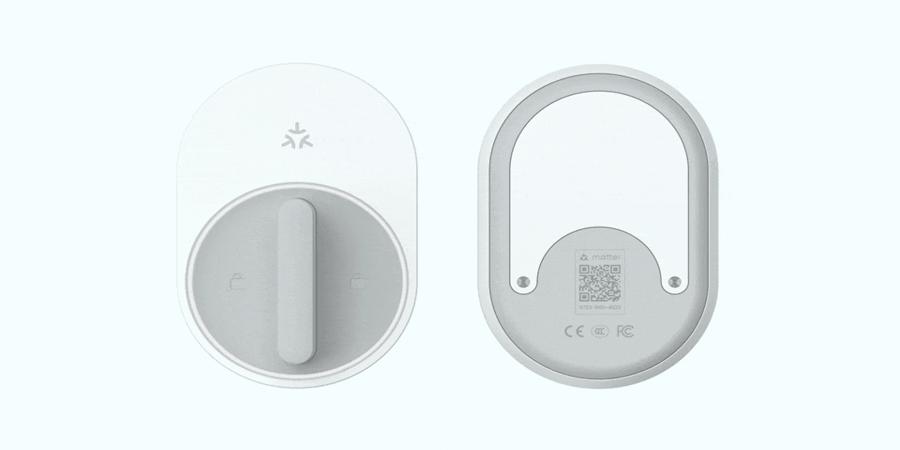The consortium behind the Matter standard for the Internet of Things have officially approved the long-award standard. The open-source connectivity standard was built around a shared belief that smart home devices should seamlessly integrate with other systems and be secure and reliable.
Smart home device makers understand that people will integrate lots of products from different brands into their homes. The Matter 1.0 standard and certification program was created so the devices you like to buy from companies, like Apple, Amazon and Google, aren’t fragmented, but can be easily set up and communicate with each other from one place via a local controller device.
The Connectivity Standards Alliance organized the testing for the first Matter-certified devices and comprises over 550 technology companies, including those aforementioned tech giants, which are some of the big names involved with the standard’s creation.
When I spoke with Michelle Mindala-Freeman, head of marketing for the Connectivity Standards Alliance, during the January 2022 CES tech show, she said that “2022 will be a big year for Matter.”
At the time, over 50 companies had tested 134 unique products which are expected to be the first available at launch, Mindala-Freeman told TechCrunch.
That number has now grown to over 280 companies that worked together on requirements and specification development, reference design, multiple test events and final specification validation.
The Matter 1.0 standard and global certification program launches with eight authorized test labs to test Matter and its underlying network technologies, Wi-Fi and Thread.
The certification, specifications, testing tools and software development kit enable companies to be faster to market with new hardware and innovations aimed at providing better privacy and security, while also reaching a broader consumer audience.
Alliance members with deployed devices, and plans to update their products to support Matter, can now do so when their products are certified.
Source @TechCrunch



